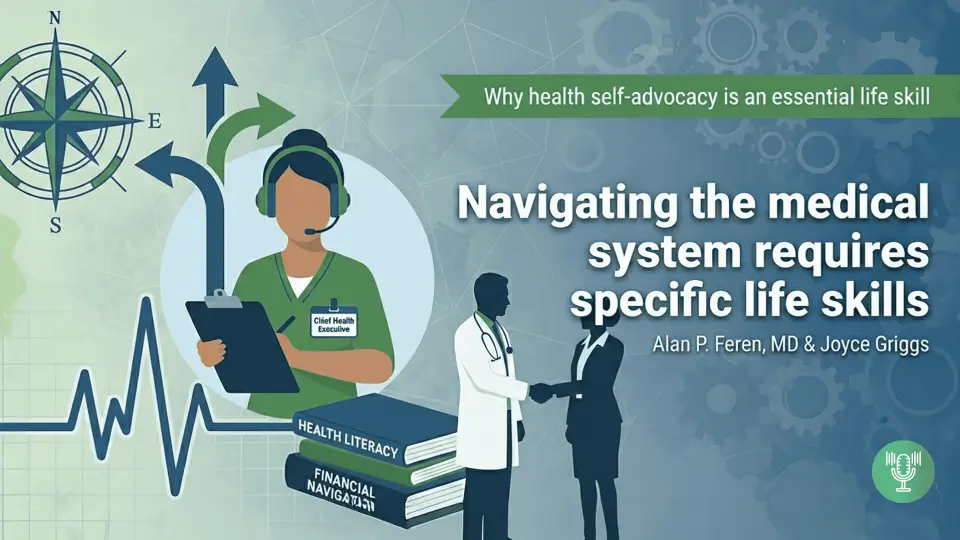Dear friends,
The term “medical gaslighting” is new to me, and yet it’s a word that regrettably describes an experience felt more often by women, the very young, the very old, and people of color. Quite simply, it’s a form of psychological manipulation by medical providers which result in patients feeling mis-understood, devalued and diminished. I think of it as medical bullying.
Dr. Alan Feren who has been featured in previous Amazing Care Network newsletters was recently interviewed for an educational series about this topic and offers terrific insights about medical gaslighting. You can view the interview in its entirety here: Women & Autoimmune Diseases series (Episode #2) – Medical Gaslighting (youtube.com)
Medical settings (hospitals, clinics, doctor’s offices) provide rich opportunities to experience a power differential between doctors and patients. Some of us know what it’s like when as patients we are:
- Continually interrupted when telling our story
- Our symptoms are downplayed or minimized
- Physicians refuse to order or delay key tests
Dr, Feren recommends a list of questions to ask your doctor if you believe you are being gaslighted. See below.
What to say and Ask When You Believe You Are Being Gaslighted
- Something’s different and I know it’s not right; I know my body.
- I don’t appreciate you telling me this is all in my head’ or ‘please don’t explain to me how I feel.
- I really need your help in finding out what’s going on so what’s the best way to investigate this further?
- I think there’s more to this than just what we discussed today so are there some additional things to consider that might be the culprit in this case.”
- I appreciate your expertise, but I know myself and my body.
- This is not normal for me.
- Should I see a specialist or other healthcare professional? — Even if the doctor doesn’t agree, it’s probably worth the time and expense to get another opinion.
- Can we please work together to keep searching for what this might be since it’s impacting my quality of life and could be impacting my longevity.
- Is the medicine you just prescribed tested in both men and women? How does the treatment work in men and women, and are their differences known?
I am grateful to Dr. Feren for helping us understand and deal with medical gaslighting.





